Suupu mekan ido (eating together)
During the eight-day workshop, the team documented on film not only the complete production process of the Seediq weaving material, but also captured some of the intangible aspects of the Seediq's traditional weaving culture such as the gender division of labor, vocabulary of the Seediq language, the living wisdom of using local resources, the memory of the community's cultural continuation etc. Mahung Pawan's mother, the 79-year-old Lubi, and Rabe (78), have grown up together since childhood. They recalled their memories of walking with their parents for three hours up into the mountains to plant ramie and sweet potatoes. The Seediq helped each other in their fields through a practice called mssbarux (labor exchange). The women would twist threads while walking with their children on their backs, and after a long day of farming and household chores, they would weave cloth until late at night.
In the afternoon after the workshop, we interviewed Lubi with the help of Mahung Pawan. Speaking in her native language, Lubi told us about her adoptive mother, Mahung Mona, the only survivor of the Mona Rudo clan, who often sang Seediq songs while weaving, both songs of sadness and songs of joy.
On the way back to our homestay, Mahung Pawan suddenly mentioned that several people from the community were listed in her family's household register. Lubi told her that they were all "suupu mekan ido" ("eating together"), people who had been living at their home for some time after the Musha incident (1930, the last major uprising against Japanese forces in colonial Taiwan. After a Seediq attack on the Japanese population in Musha, Japanese military retaliated heavily). Some of them were orphans, some were separated from their parents, or their parents came to the community later than the children. They left when their parents arrived or when they got married and started their own family.
Nearly ninety years ago, the Seediq–due to their resistance against the Japanese colonial regime–were almost completely exterminated. The survivors were forced to relocate to Chuanzhongdao (the present location of the Qingliu Community), not without first tearfully burning down their homes in accordance with gaya, the Seediq's ancestral rules. Remaining under the close supervision by the Japanese police, many Seediq could not cope with the loss of relatives and trauma, or had difficulties adjusting to the new environment and hanged themselves. Those who survived did so by supporting each other, with hard work and courageous commitment, and finally created the rich agricultural and ecological landscapes of today's Qingliu community.
When in 1976 the government advocated land rezoning, each household had to shoulder one-third of the cost (tens of thousands of dollars) and leave the land fallow for three years. Rabe remembers that out of the three neighboring communities of Zhongyuan, Meiyuan and Qingliu, only the Qingliu community accepted the rezoning of their land. As a result, Mahung Pawan's father moved to Taipei to work in construction to support the family during the fallow period. With the completion of the rezoning, the community people worked hard and were able to repay the interest-free loan provided by the government within a few years. The original gravelly, fragmented land has been transformed into large, well-manicured plots of farmland with complete irrigation facilities, providing enough agricultural farmland to support the community.
After the devastations of the Jiji Earthquake (1999), Qingliu started with community development and introduced cultural tourism. After returning to Qingliu from the city seven or eight years ago, Mahung Pawan has started gathering the children of Qingliu, so that the young and the old can learn together how to revive the traditional Seediq culture, that's when everybody started to call her "Mum". By the end of our weaving material workshop, the children were able to run their own summer camps, much to the delight of "Mum".
The history and spirit of the Qingliu community's painful, yet determined rebuilding of their homeland has been the driving force behind our USR project. We introduced Delta CSR (corporate social responsibility) to assist in lighting the Qingliu Bridge to guide the people on their way home. In addition, we held workshops on traditional rattan weaving and weaving material to enable generation-spanning co-learning of the transmission of Seediq traditional culture. At the same time, we cooperate with the Shungye Museum of Formosan Aborigines to recreate both house construction and mythological legends using interactive AR/VR technology. For the future, we are planning to introduce green energy technologies such as solar power generation and self-driving vehicles and to assist the community in developing local tourism based on Qingliu's rich cultural, historical and ecological resources by building guided eco-trails, compiling a field guide of the local plants with their names in the native language, and promoting "the sour trio" (lemon, green plum, and bayberry). Finally, we aim to guide students of Chung Hsing University to explore the community's historical experiences and cultural implications.
How do individual and collective lives proceed? Under the impact of environmental change, natural and man-made disasters, how can the life, history, language, and culture of a fractured ethnic group be retrieved, rebuilt, and recreated? The stories of the survivors of the Musha incident offer thought-provoking insights into the "sustainability" of humanity. During the eight days of the workshop, we stayed with the community as people "suupu mekan ido (eating together)" and reflected on how to connect past, present and future through the memory and transmission of a community's history and culture.
-
University characteristic Startup Stage Project
-
Taichung City
-
National Chung Hsing University
Further reading
Measures for Leaving a Message to Enter the Draw for the Live Streaming of the Opening Ceremony
-
Event Period
From 13:00 to 14:00 on December 12 (Saturday), 2020
-
Event Measures
Log in to your personal Facebook or Google account to proceed with leaving a message; each account with a successful message of #2020usrexpo left before the end of the live streaming of the opening ceremony will have an opportunity to enter the draw, and each account is restricted to winning the prize once only.
-
List of Winners
On December 14 (Monday), 2020, the list of winners will be announced on the event official website https://2020usrexpo.org/) Announcement of the list of winners
Event Prize Content
-
1st Prize
“Huei Yeh” Power Extreme Massage Gun 1 winner
-
2nd Prize
Nestle Dolce Gusto Genio 2 1 winner
-
3rd Prize
KINYO Bluetooth 5.0 Wireless Speaker 2 winner
-
4th Prize
7-11 Gift Voucher valued at NT$200 27 winner
Announcement of the list of winners
The various prizes are expected to be notified via email and also announced on the event official website on December 14 (Monday), please will the prize winners pay attention to the prize-winning information, and send back the relevant documents according to the notices & explanations; no separate notification will be issued.
Notices
- The event period for this event is based on Taiwan time, and the delivery of the rewards is restricted to regions including Taiwan, Penghu, Kinmen, and Matsu.
- Please refer to the actual products for the event rewards, the pictures used on the website are for reference only; no request for changing colors, specs, transfers, or cash redemption will be accepted.
- Our event organizer will not be liable for the follow-up warranty and maintenance of the winning rewards; once the rewards have been collected, signed, and accepted, no reissuance of the rewards will be available if the rewards have been lost, peculated, discarded, or damaged. Please refer to the actual products for the prize rewards, no return or exchange will be accepted; the prize winner must contact the manufacturer of the rewards if there is any issue regarding malfunctioning, damage, or maintenance.
- 1st prize ~ 2nd prize (Winning prizes with a value exceeding NT$1,000 (inclusive): Each prize winner should fill out the “Reward Collection Application and Receipt (will be announced together with the announcement of the list of winners)” within 7 days (including holidays based on the post stamp) starting from the next day with the announcement of the list of winners, and must provide a copy of both sides of the ID card. The copy must be sent to the specified place via registered mail; those passing the deadline will be deemed to give up the prize and rights, and no objections will be accepted from the prize winners.
- 3rd Prize ~ 4th Prize (Winning prizes with a value less than NT$1,000 (inclusive): Prize winners should reply to the prize-winning notifying letter via Email within 7 days (including holidays) starting from the next day of the announcement of the list of winners, to confirm the collection of the rewards and to fill out the relevant info for sending the rewards (to confirm the address for sending the gift), and to accelerate the follow-up qualification review. If the prize winners do not complete the relevant info before the deadline, they will be deemed to give up the opportunity to collect the rewards, and no alternative gifts or reissuance of gifts will be available.
- When the prize winners have completed filling out the prize-winning info, the organizer will double-check the identification data of the prize winners, the rewards will only be sent out when all data is correct.
- All prize-winning qualification needs to be approved by the organizer before it becomes effective, all reviewing standards are based on the organizer as the only reference.
- If the prize winner did not fill in the data complete and correct, or cannot be in contact, or did not send back the required data within the announced time of the rewards, the prize winner will then be deemed to voluntarily give up the prize, no separate notification will be announced.
- According to the R.O.C Tax Act, if the prize winner is an individual residing in Taiwan, and the prize amount (value) exceeds NT$1,000 (inclusive), then a copy of both sides of the ID card will need to be handed in for taxation, which will be incorporated into individual income for the annual taxation. If the prize winner is not an individual residing in Taiwan, 20% of reward tax must be deducted from the reward first regardless of the prize amount before the prize winner can collect the reward. If the prize winner is not an adult, a household registration transcript must be provided along with a letter of consent from the legal representative. If the prize winner is unwilling to pay the tax first, he/she will be deemed to give up the reward, and no objections will be accepted.
- If the prize winner is in violation of the relevant event measures or has other dissents, the organizer is allowed to retrieve the reward and no objections from the prize winner will be accepted. If a judicial dispute is involved, all legal liabilities will be held by the individual. The organizer will not be liable.
- If it is confirmed that the participant used a hacker program or other method that evidently violates the fairness of the event in an attempt to influence the event, the organizer is then allowed to disqualify the participant immediately or to cancel the prize-winning qualification. Compensation will be liable if a loss is caused for the organizer due to this.
- For reasons that the organizer are not liable for, including a computer, network, telephone, or technique issues resulting in the delay, loss, incorrect, unidentifiable, or damaged data uploaded by the participants, the organizer will not be liable for any legal liability, and no objections from the participants and prize winners will be accepted.
- The organizer reserves the rights to review the qualification of the event participants, if the organizer or a third party has reported that the participants are found to use methods that are intentional or evidently violate the fairness of the event, or do not conform to the rules of this event, the organizer will then be allowed to cancel the prize immediately.
- The event measures are stated on the event platform, the organizer reserves the right to alter the event details at any time (participating method, gift content and quantity…etc.); the participants must agree completely to follow and obey the alterations of the event without any objection. Please refer to the announcement of the event measures if alternations have been made to the event measures, no separate notification will be available.
- Unmentioned matters of this event should be handled according to the relevant rules of the civil law; the organizer reserves the rights to maintain, modify, cease and explain the content, as well as to cancel the prize-winning qualification of any prize winner influencing other prize winners’ rights. Refer to the announcement on the platform for the modification info; no separate notification will be available.
- Participants in the event agree to accept the event measures and notices, if, in violation, the organizer will then be allowed to cancel the qualification of the participant or the prize winner, and then request the participant for compensation for the losses caused.
- When the event is unable to be conducted due to force majeure causes, the organizer has the rights to cancel, terminate, modify, or cease the event. Participants in the event are deemed to accept the effectiveness of the rules, for unmentioned matters, the organizer reserves the rights to modify, terminate, and alter the event content details without giving out a separate notification.
TOP

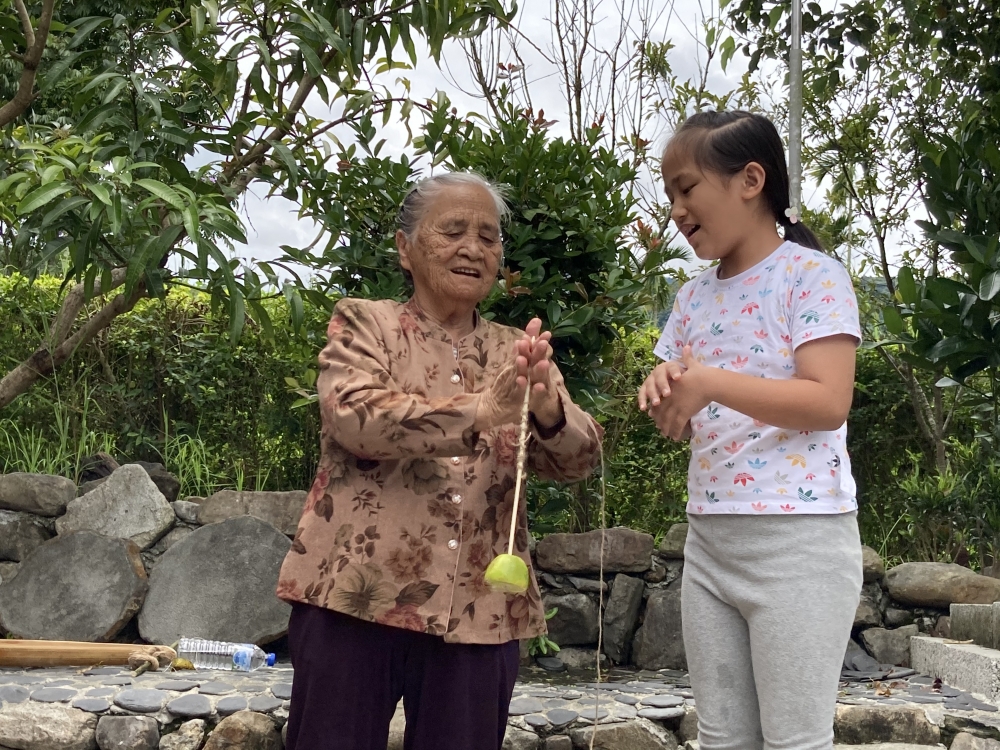
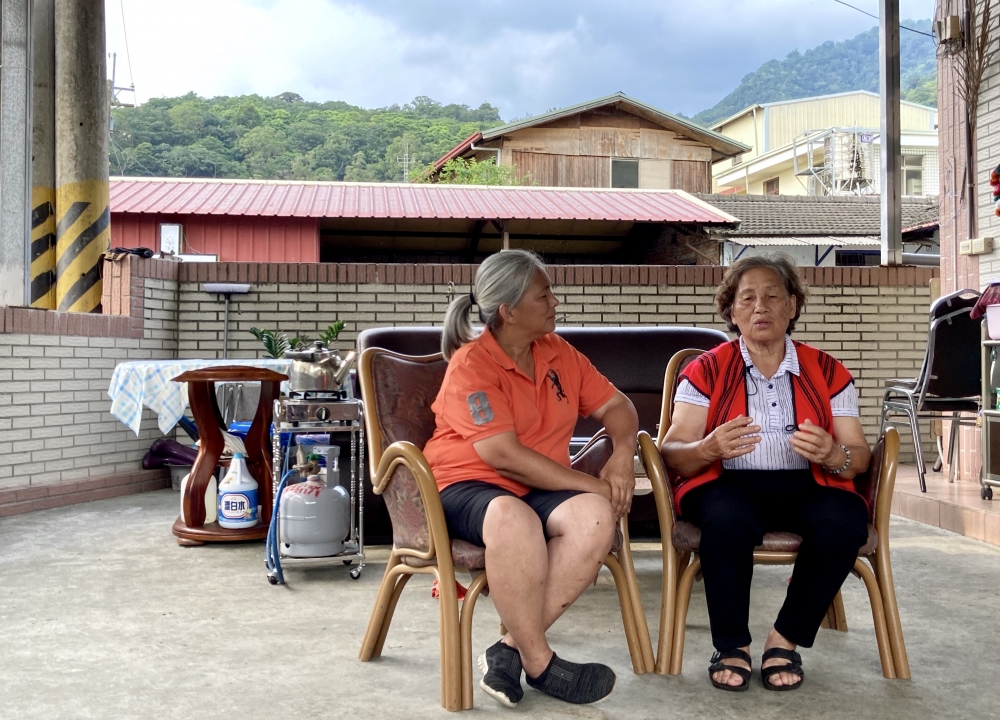
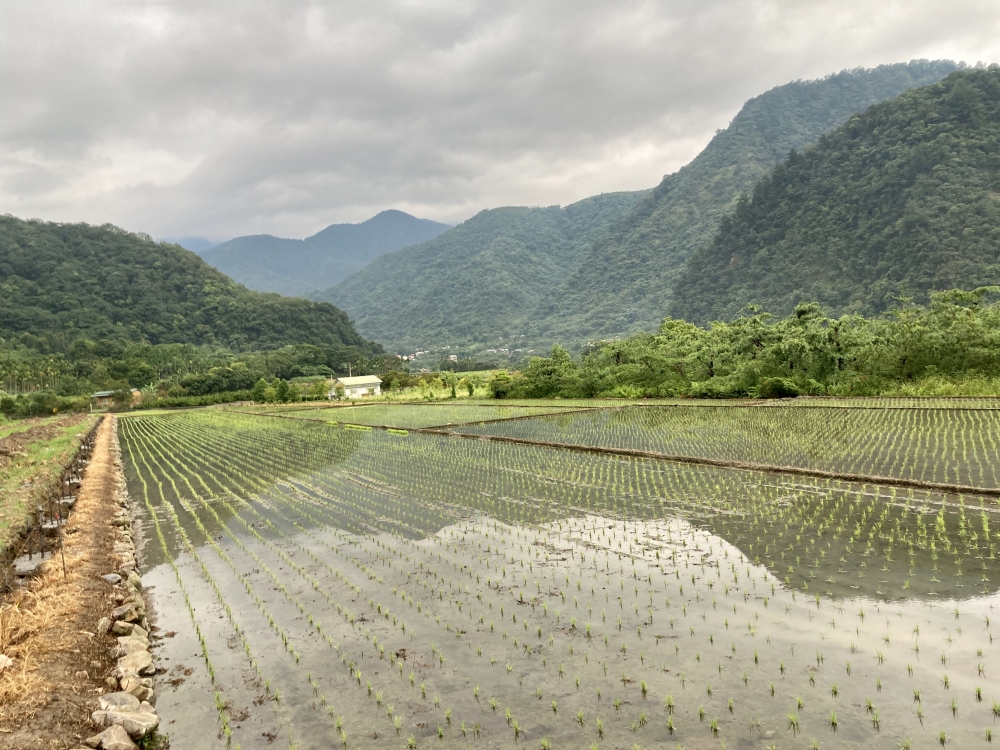
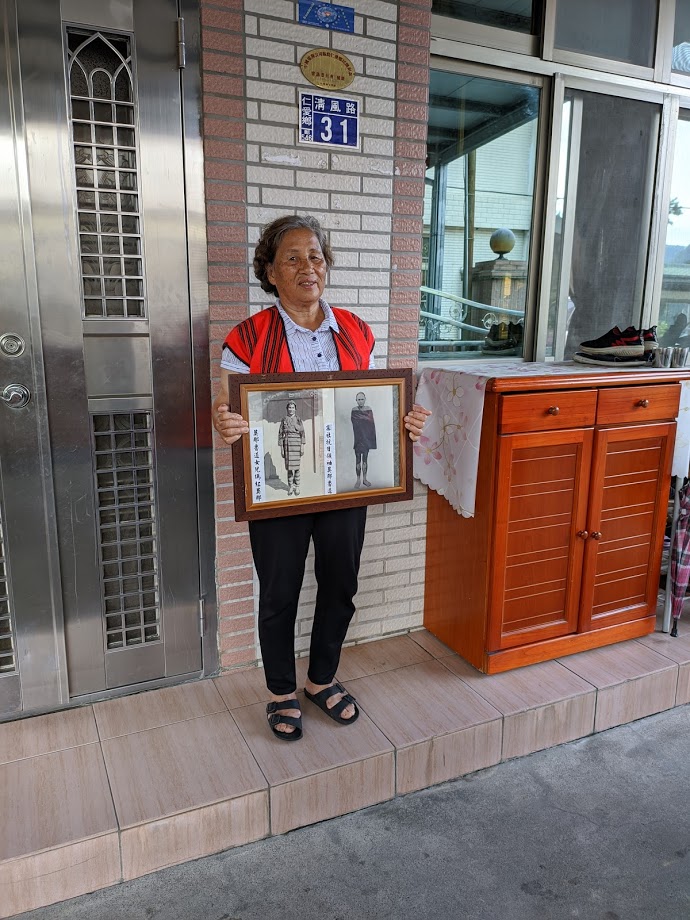
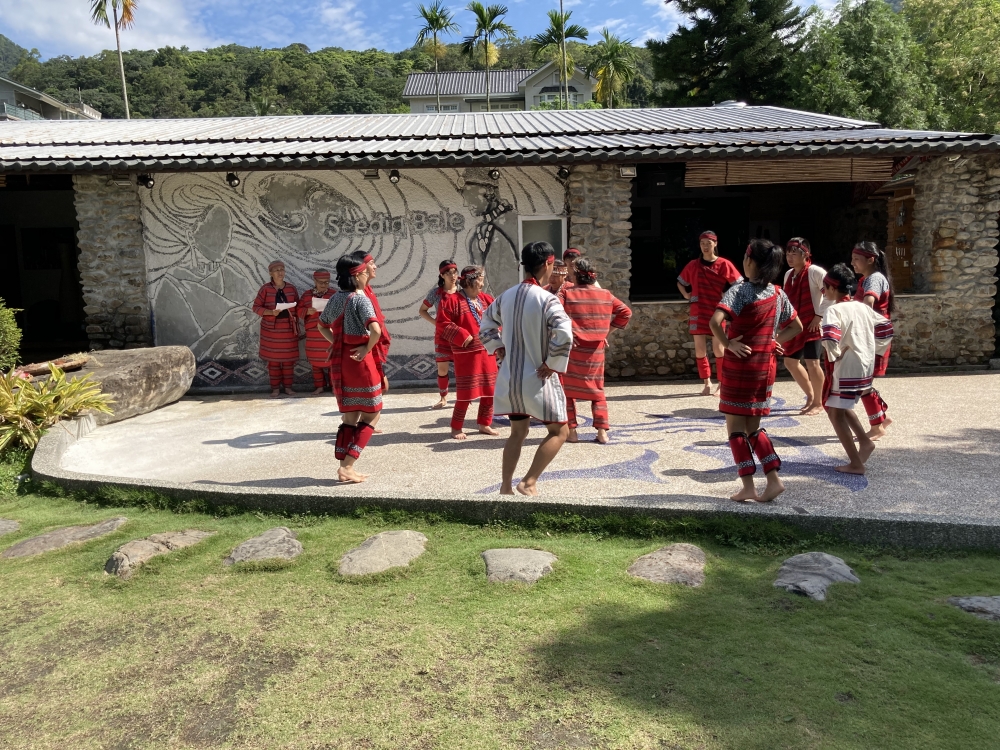
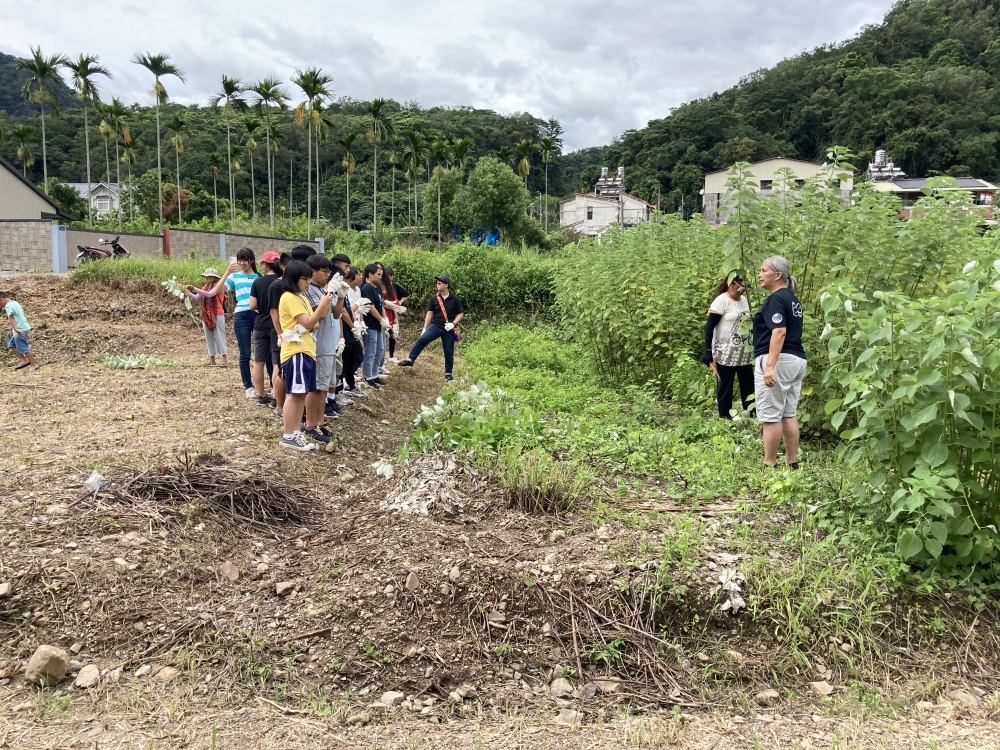
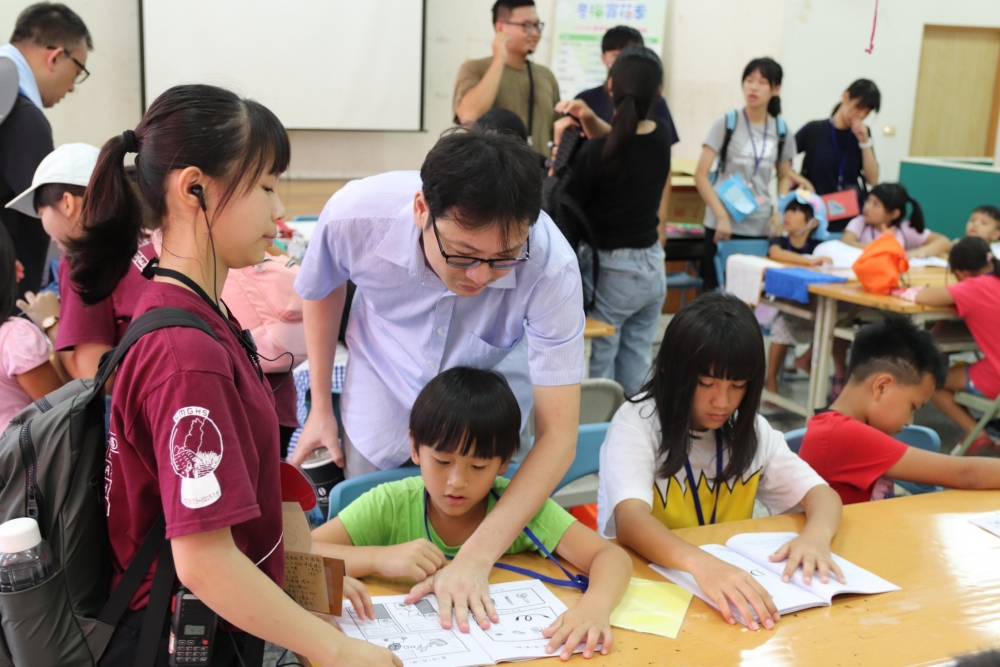
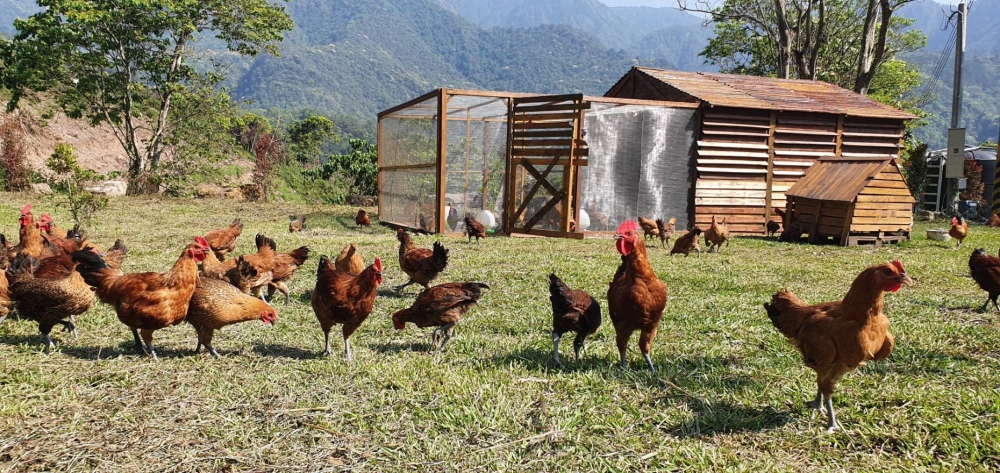
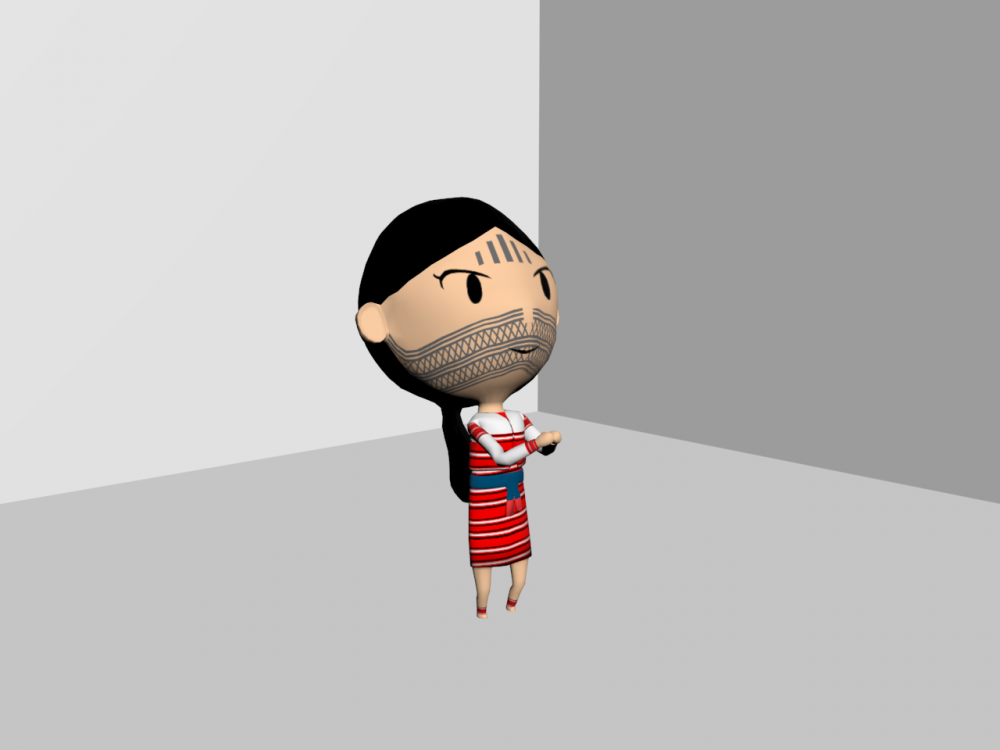
 einstein EIN
einstein EIN
 Cynthia Chen
Cynthia Chen
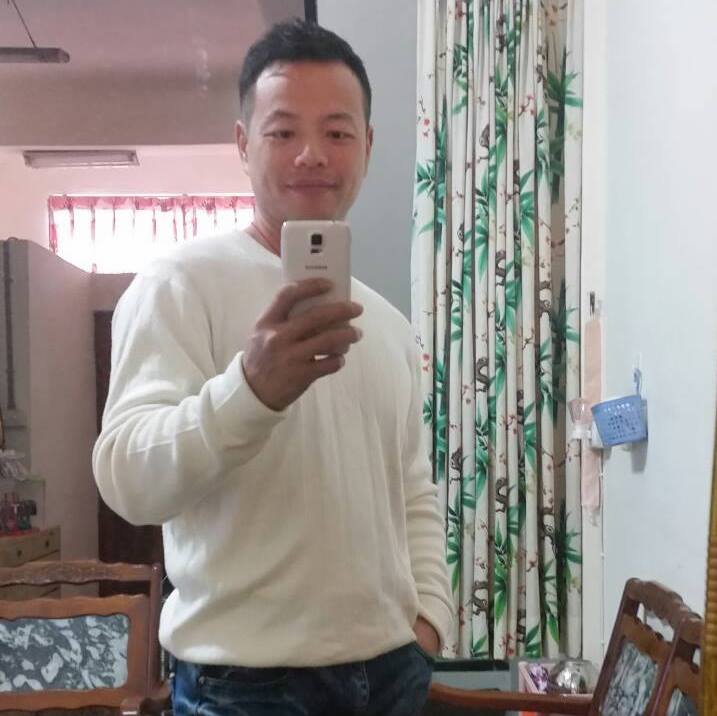 賴川
賴川
 李驊恩
李驊恩
 Celine liu
Celine liu
 Bryan Cheng
Bryan Cheng
 QQ Chin
QQ Chin
 Eric Lin
Eric Lin
 張右增
張右增
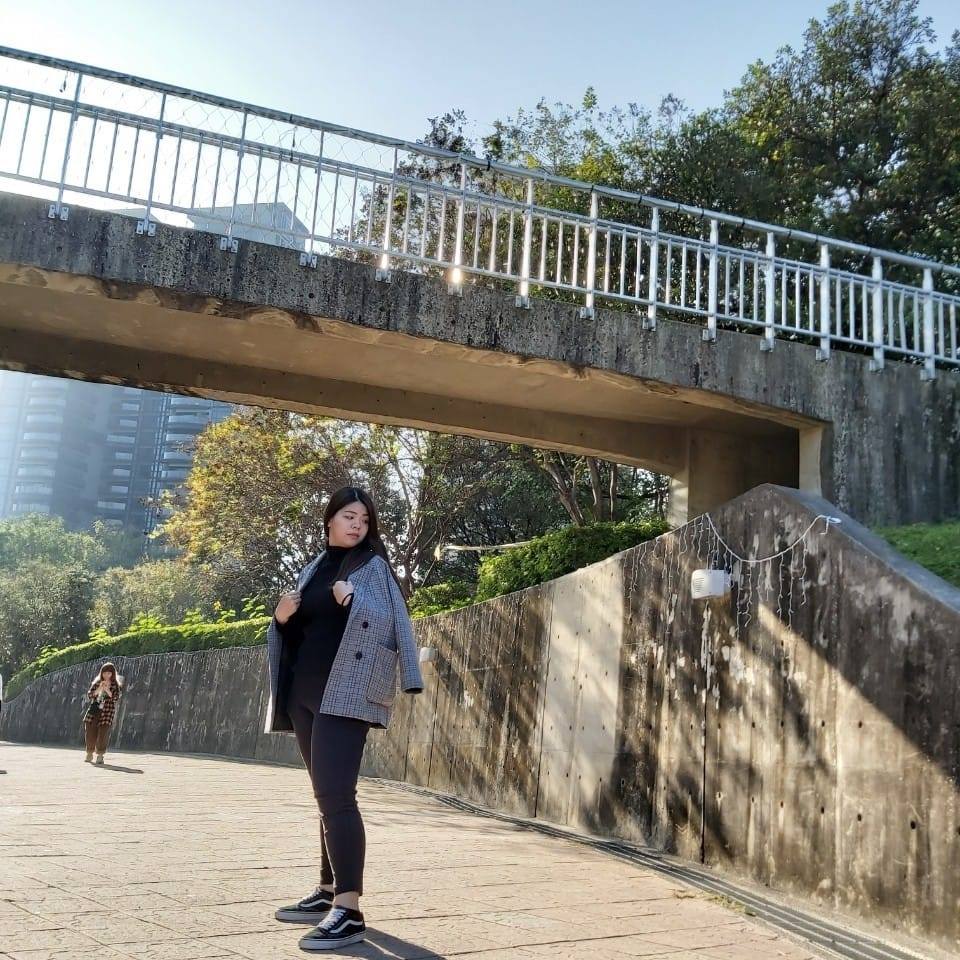 郭伃欣
郭伃欣